Tinubu Approves 15% Fuel Import Tariff as Prices Near N1,000/L
- by Editor.
- Oct 30, 2025
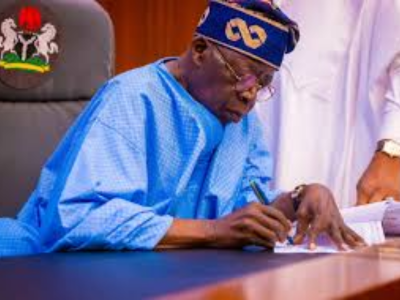
Credit:
President Bola Tinubu has authorized a 15% ad valorem tariff on imported petrol and diesel, a move set to take effect on November 21 following a 30-day transition period.
The policy, aimed at protecting domestic refineries and encouraging local production, is expected to push fuel prices toward the N1,000 per litre mark, raising concerns over affordability and supply stability.
The directive, conveyed in a letter from Tinubu’s private secretary to the Attorney-General of the Federation, the Federal Inland Revenue Service (FIRS), and the Nigerian Midstream and Downstream Petroleum Regulatory Authority (NMDPRA), applies the duty to the cost, insurance, and freight value of fuel imports. Revenues will be routed to federal accounts for verification prior to clearance.
FIRS Chairman Zacch Adedeji defended the measure as necessary to align import parity with domestic realities. He projected an additional N99.72 per litre on Nigeria’s daily 19.26 million litres of fuel consumption, generating roughly N1.92 billion in revenue. Despite the increase, Adedeji argued that prices in Lagos—currently at N965/L—remain below regional benchmarks such as Senegal’s $1.76/L.
Industry reactions have been mixed. Independent Petroleum Marketers Association of Nigeria (IPMAN) executive Hammed Fashola warned the tariff could restrict imports and create a de facto monopoly for domestic producers like Dangote Refinery, especially if local output fails to meet demand. PETROAN President Billy Gillis-Harry described the policy as a potential boost for availability but urged caution on pricing, noting Dangote’s 650,000 barrels-per-day capacity covers only 30% of national needs.
Depot operators, speaking anonymously, predicted prices could breach N1,000/L, citing coordinated hikes and uneven competition. Oil analyst Olatide Jeremiah echoed the estimate, praising the tariff’s potential to support the naira but flagging risks in a country still importing 69% of its fuel despite modular refineries in Edo and Rivers.
Political voices have also weighed in. APC chieftain Ayiri Emami criticized the move as premature and harmful, calling for a suspension until domestic relief mechanisms are in place. He highlighted the impact on rural communities, particularly transport-dependent sectors like fishing.
Online reactions mirror the divide - some users linked the tariff to Dangote’s recent comments on naira stabilization, while others condemned it as counterproductive in a deregulated market. NMDPRA’s George Ene-Ita assured that implementation would follow formal gazetting, emphasizing market competition under the Petroleum Industry Act’s provisions.
The tariff, which precedes a separate 5% surcharge slated for January 2026, forms part of Tinubu’s broader post-subsidy reform agenda. With over 200 million Nigerians facing rising energy costs, the policy’s rollout will test the administration’s balancing act between economic recovery and consumer protection.

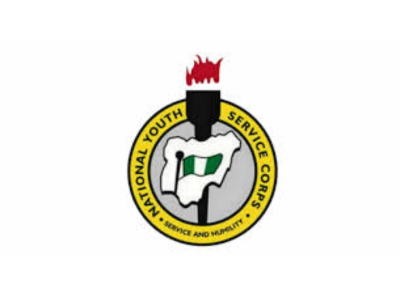
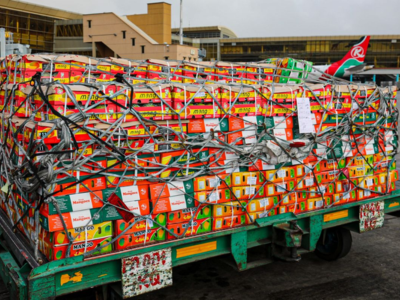
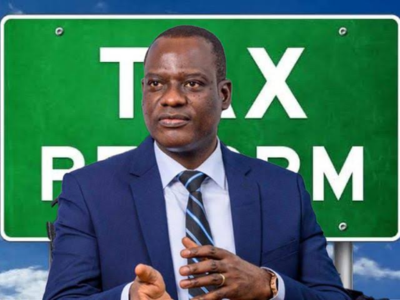

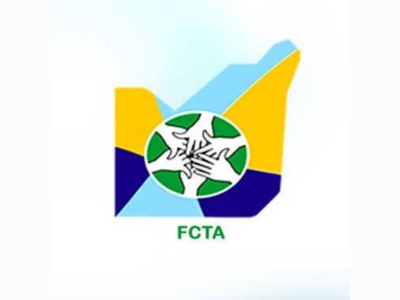
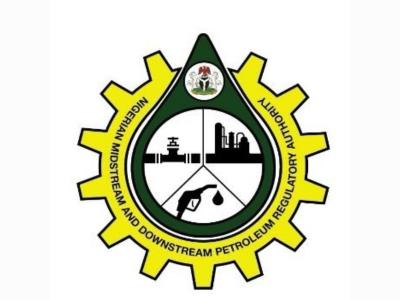
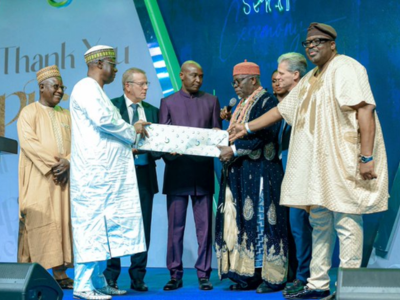
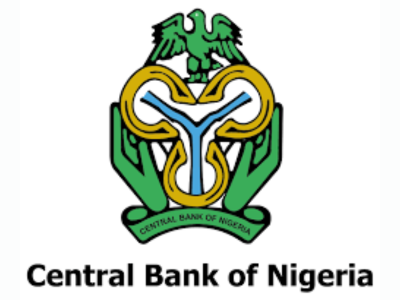




0 Comment(s)